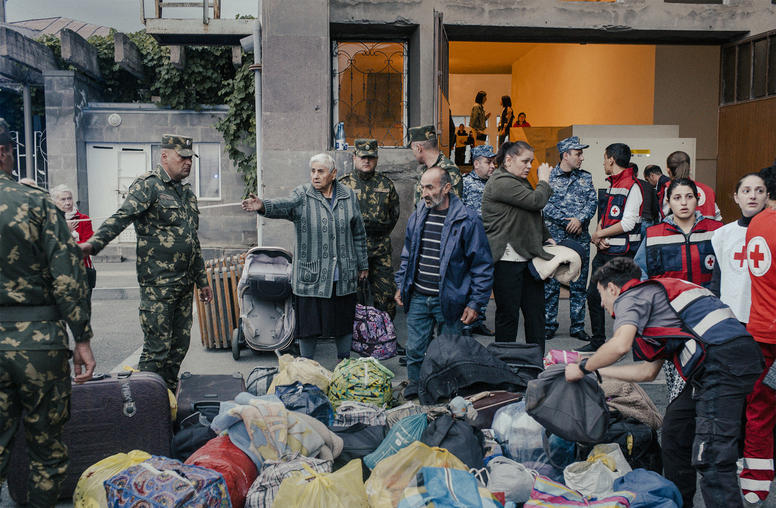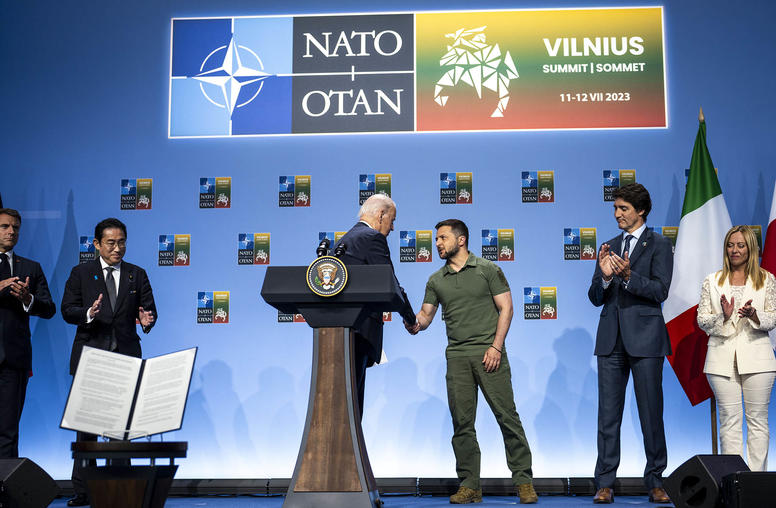The New Turkish Republic
Turkey as a Pivotal State in the Muslim World
THE USIP BOOKSTORE IS TEMPORARILY UNAVAILABLE
In fact, by acting independently and attempting to reconcile its constitutionally secular form of governance and vibrant traditional culture, it is now for the first time becoming positively viewed by others in the Muslim world as a state worth watching—and maybe even emulating.
“Timely and lively, Graham Fuller’s latest book makes a valuable contribution to the debate about Turkey and its role in the world. Drawing on a range of interviews in Turkey and the region, it reflects on recent events and trends in a way that is not found in other works on Turkish foreign policy. It is an essential read for those looking to understand the new Turkey—and its meaning for others.”
—Ian Lesser, Woodrow Wilson Center
This timely work explores how, after a long period of isolation, Turkey is becoming a major player in Middle Eastern politics once again. In fact, by acting independently and attempting to reconcile its constitutionally secular form of governance and vibrant traditional culture, it is now for the first time becoming positively viewed by others in the Muslim world as a state worth watching—and maybe even emulating. As a result, Turkey’s dynamic political scene and new search for independence in its foreign policy, however complicating or irritating for the United States today, will nonetheless ultimately serve the best interests of Turkey, the Middle East, and even the West.
Drawing heavily on a range of Turkish and Western sources, this multidimensional, lively, and nuanced volume provides an excellent introduction to one of the region’s most fascinating and complex countries and makes a highly valuable contribution to the current debate about Turkey and its place in the world.


